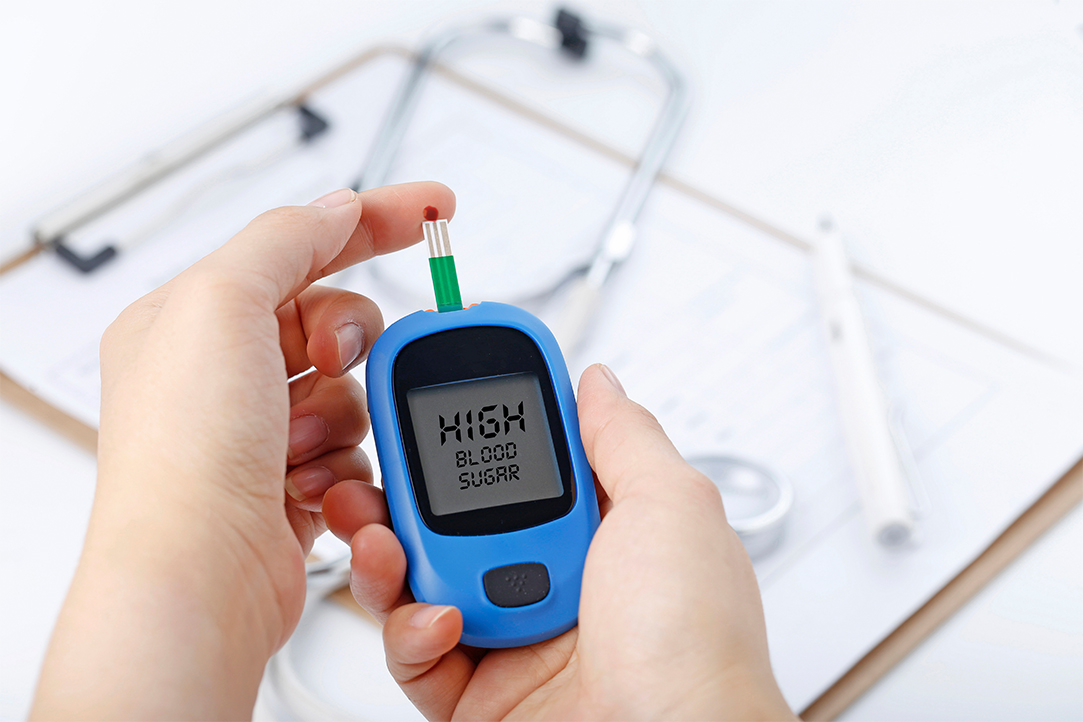How emedica treats Diabetes?
1. Diabetes: Type 1 diabetes, & Type 2 diabetes,
Type 1 diabetes:
With type 1 diabetes, the exocrine gland don’t build hypoglycemic agent or build little hypoglycemic agent. a Hypoglycemic agent helps blood glucose enter the cells in your body as energy. while not a hypoglycemic agent, blood glucose can’t get into the cells and unfold within the blood. High blood glucose, is damaging to the body and causes several of the symptoms and complications of polygenic disorder. The system destroys cells that build the internal secretion that controls blood glucose levels. it's associated with motorcar immune condition. sort one polygenic disorder was once referred to as insulin-dependent or growth-onset diabetes. it always develops in youngsters, teens, and young adults, however it will happen at any age.
Type 2 diabetes:
With type 1 diabetes, the exocrine gland don’t build hypoglycemic agent or build little hypoglycemic agent. a Hypoglycemic agent helps blood glucose enter the cells in your body as energy. while not a hypoglycemic agent, blood glucose can’t get into the cells and unfold within the blood. High blood glucose, is damaging to the body and causes several of the symptoms and complications of polygenic disorder. The system destroys cells that build the internal secretion that controls blood glucose levels. it's associated with motorcar immune condition. sort one polygenic disorder was once referred to as insulin-dependent or growth-onset diabetes. it always develops in youngsters, teens, and young adults, however it will happen at any age.
Type 2 diabetes:
Type 2 diabetes, the foremost common variety of polygenic disorder, may be a malady that happens once your glucose, additionally referred to as blood glucose, is just too high. glucose, is your main supply of energy and comes chiefly from the food you eat. Insulin, a internal secretion created by the exocrine gland, helps aldohexose get into your cells to be used as energy.
In sort a pair of polygenic disorder, your body doesn’t build enough hypoglycemic agent or doesn’t use hypoglycemic agent well. an excessive amount of aldohexose then stays in your blood, and not enough reaches your cells.
2. however do β-cell facilitate In Generation Of Insulin?
Beta cells (β-cells) area unit a sort of cells, found in exocrine gland islets that synthesize and secrete hypoglycemic agent and amylin. Beta cells conjure 50–70% of the cells in human islets. In patients with sort one polygenic disorder, beta-cell mass and performance area unit diminished, resulting in meager hypoglycemic agent secretion and hyperglycemia. The exocrine gland plays a key role in aldohexose physiological condition by secreting hypoglycemic agent, the sole internal secretion capable of lowering the glucose concentration. Impaired hypoglycemic agent secretion.
3. Do β-cell Carry Electrical Charge?
Electricity is all over, even within the chassis. Our entire body is inspired. Our cells area unit specialized to conduct electrical currents. Electricity is needed for the system nervosum to send signals throughout the body and to the brain. Creating it potential for US to maneuver, suppose and feel.
4. Will Fat Deposition Cause hypoglycemic agent Resistance?
These reports recommend that visceral fat and position fat deposition play a very important role in the development of hypoglycemic agent resistance in human blubber severally of total body fat mass.
2. however do β-cell facilitate In Generation Of Insulin?
Beta cells (β-cells) area unit a sort of cells, found in exocrine gland islets that synthesize and secrete hypoglycemic agent and amylin. Beta cells conjure 50–70% of the cells in human islets. In patients with sort one polygenic disorder, beta-cell mass and performance area unit diminished, resulting in meager hypoglycemic agent secretion and hyperglycemia. The exocrine gland plays a key role in aldohexose physiological condition by secreting hypoglycemic agent, the sole internal secretion capable of lowering the glucose concentration. Impaired hypoglycemic agent secretion.
3. Do β-cell Carry Electrical Charge?
Electricity is all over, even within the chassis. Our entire body is inspired. Our cells area unit specialized to conduct electrical currents. Electricity is needed for the system nervosum to send signals throughout the body and to the brain. Creating it potential for US to maneuver, suppose and feel.
4. Will Fat Deposition Cause hypoglycemic agent Resistance?
These reports recommend that visceral fat and position fat deposition play a very important role in the development of hypoglycemic agent resistance in human blubber severally of total body fat mass.




